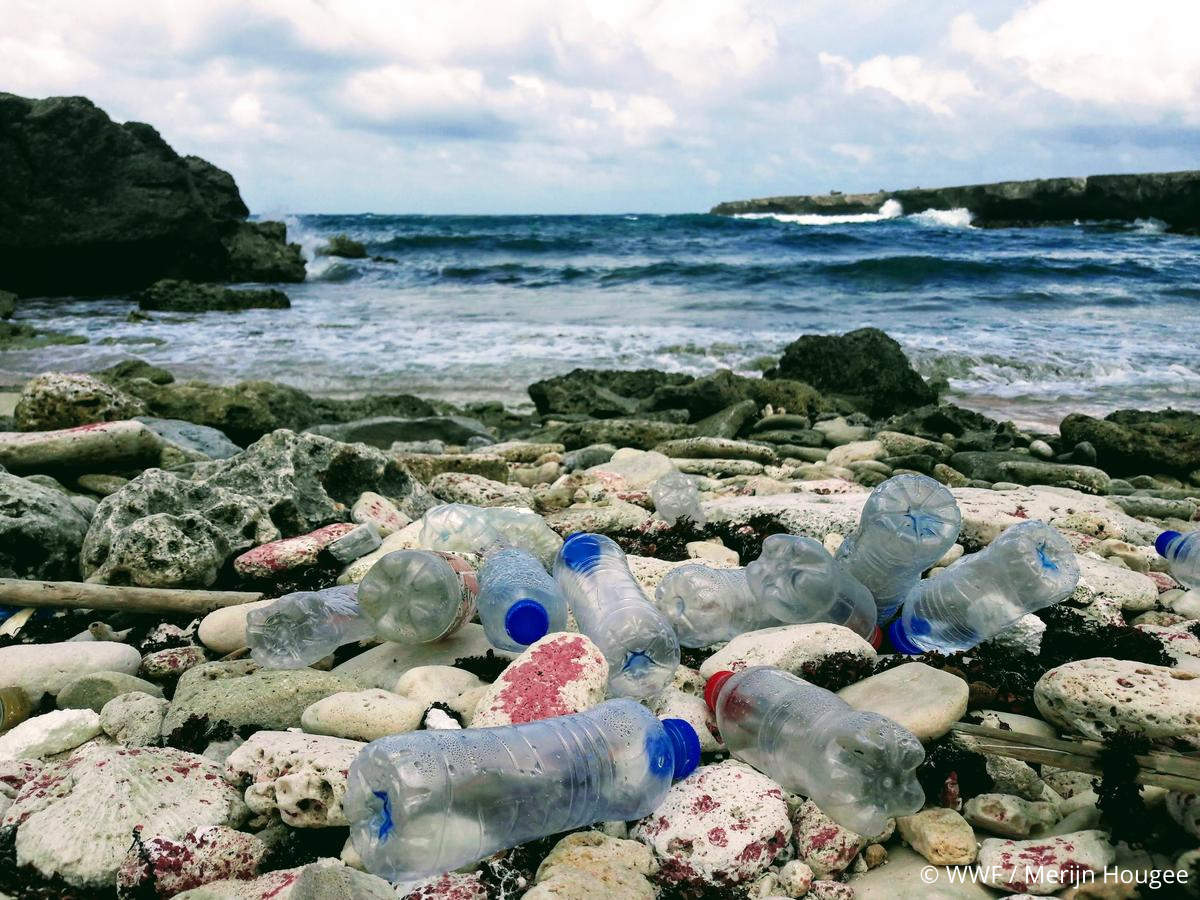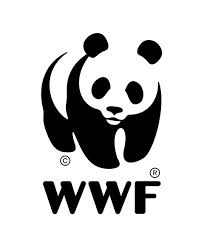For the Sea and Skye: A Mother’s Plea to End Plastic Pollution
By Erin Simon, Vice President of Plastic Waste & Business, World Wildlife Fund

I can’t help but think about the world my daughter Skye and her generation will inherit. From the moment I first held her in my arms, I instantly knew two things to be true: I will never be able to fully shield her from the world, but heck if I’m not going to try anyway. As a mother, and as a conservationist who has spent the last 18 years dedicated to ending plastic pollution’s chokehold on our planet, I fear for my daughter’s future as never before. And yet, at the same time, I have never been more hopeful.
Recent years have seen a groundswell of support for bold solutions to this growing challenge. Polling shows 85% of Americans view plastic waste as a serious problem and support bold and immediate action to address it. In Congress, legislation such as the Recycling Infrastructure and Accessibility Act and the Recycling and Composting Accountability Act has been advancing with strong bipartisan support. A growing number of major companies, including The Coca-Cola Company, Mars, Incorporated and Starbucks—all members of the Business Coalition for a Global Plastics Treaty—are calling for collective action to combat plastic waste. And on the world stage, negotiators from nearly every nation are currently working on a draft Global Treaty to End Plastic Pollution that aims to halt the flow of plastic into nature by 2040.
All this momentum could be lost if we take our foot off the accelerator for even a second. The treaty negotiations could still fall apart – as the fourth of five rounds of negotiations fell short of expectations in Ottawa this past April. Legislation could lose momentum in Congress. And in the meantime, the relentless tide of pollution will continue to build, suffocating marine life and despoiling our landscapes. Right now, as I pen these words, the equivalent of a dump truck's worth of plastic is flowing into our oceans every minute. Within the next 20 years, the volume of plastic entering our oceans is projected to triple.
This isn't just about unsightly litter. Human health and the health of the ecosystems that sustain us are on the line. As evidence for this claim, I could bombard you with dozens more grim statistics, or I could simply invite you to visit folks living in “Cancer Alley,” a 184-mile region along the Mississippi River where you’ll find nearly 400 industrial facilities, including manufacturers of chemicals and petroleum used in plastic production. You can deduce how the region earned its name, and you can find many more like it across the US and around the world.
An effective global plastics treaty would go a long way toward addressing this crisis, in part by creating a framework of common goals and standards that ensure plastic material and products retain their value at every stage of their life cycle, keeping them forever circulating in the economy instead of allowing them to end up as trash in our oceans and other natural systems. Right now, the US lead the world in the production of plastic waste, a dubious honor that underscores the magnitude of our responsibility.
Of course, few things in life are free, and the task of revamping the global economy is no exception. But there are already innovative financing solutions on the table. A leading contender is Extended Producer Responsibility (EPR), a policy tool that would shift the cost of plastic products’ end-of-life-management to the producers that make them. This would help fund the processing and recycling of plastic, but it would also have the effect of incentivizing more sustainable designs, thereby reducing the amount of problematic plastic that enters the economy in the first place. The concept has already been tested in a few states and there is rising interest in Congress for legislation that would establish a federal EPR framework.
When my daughter Skye was younger, she hated the fact that I had to often travel for my work. She once told me that she knew my job was to save the world, but she wished I would choose her instead. Now that she is older, she understands that as I head to Busan, South Korea this week for the final round of plastic treaty negotiations, my fight to end plastic pollution is very much about choosing her.
And so, to the world leaders, CEOs and the other powers-that-be, many of whom are parents, my message is simple. The world is watching. choose a future free of plastic pollution. Choose your children.

